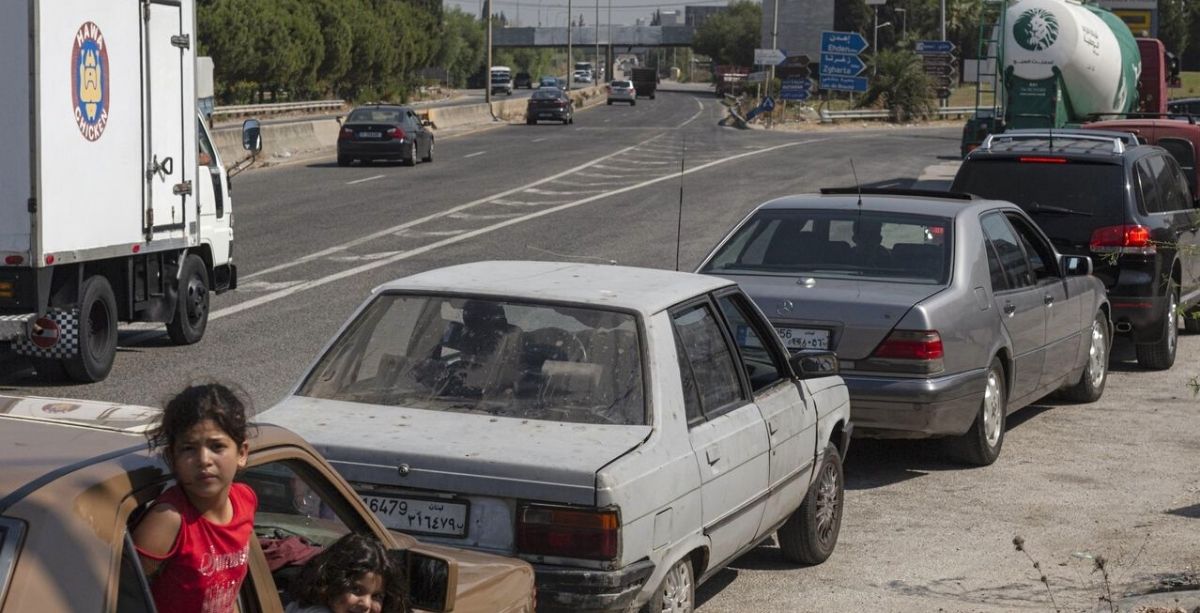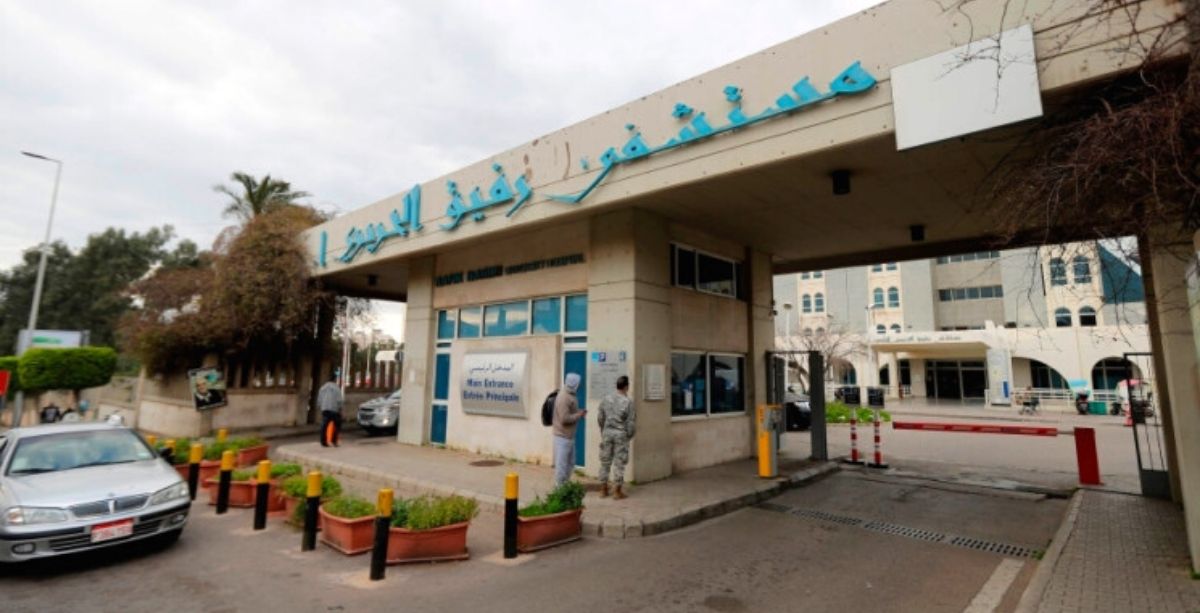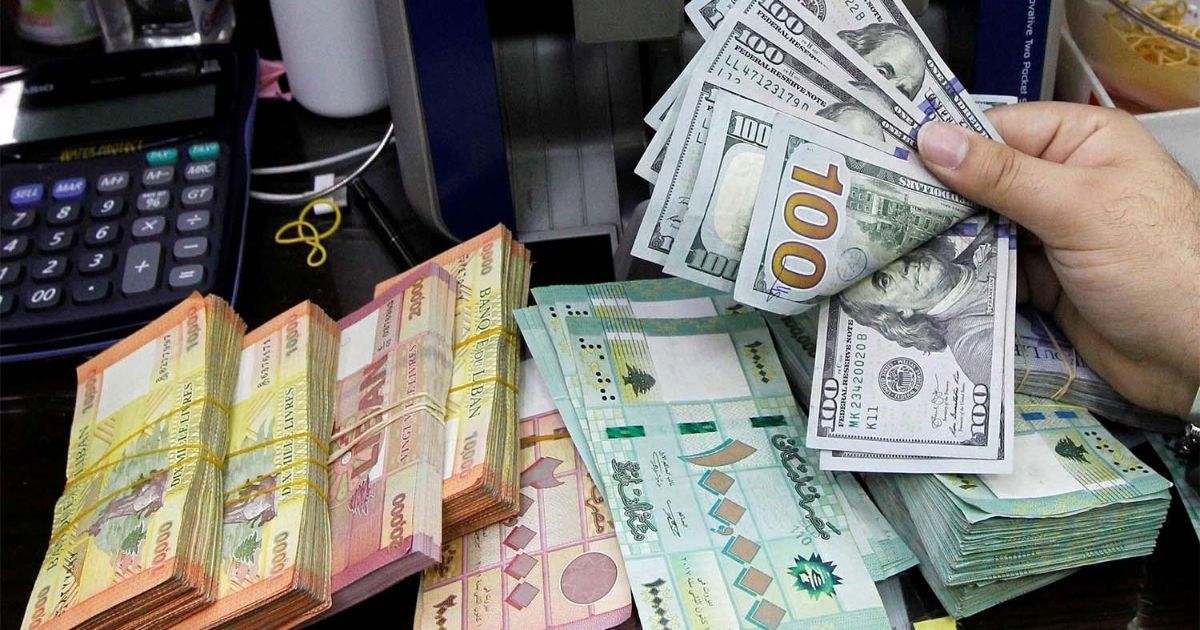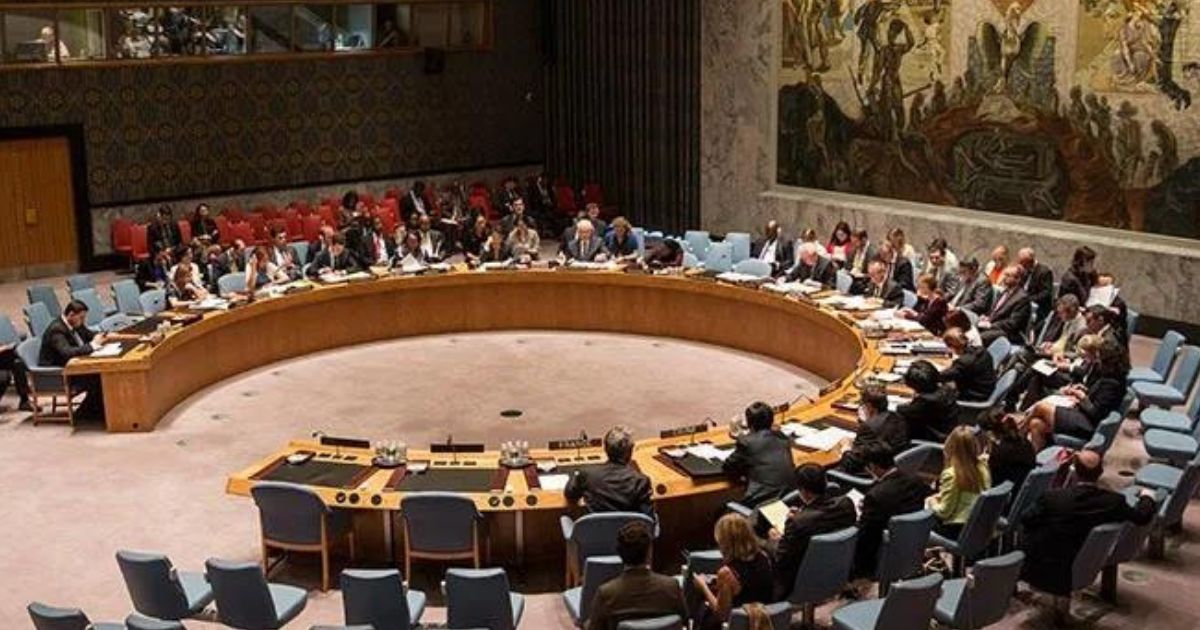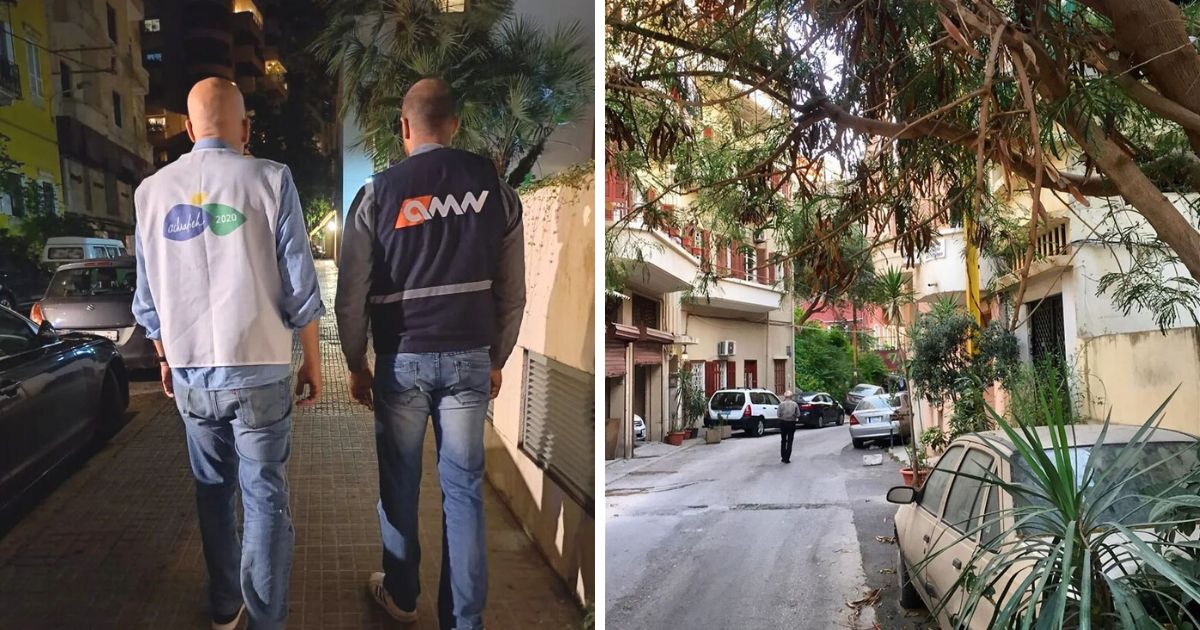Lebanon could take up to 19 years to recover from its current crisis, according to the World Bank.
The World Bank rates the crisis in Lebanon worse than that experienced by Greece in 2008 and that of Argentina in 2001, both of which caused major upheaval in the two countries.
Additionally, Lebanon could rank behind Chile, which took 16 years to recover from its crisis in 1926, and before Spain and its 1930s crisis that took 26 years to recover from, according to a report by the Wall Street Journal.
That depends on how future events unfold in Lebanon, the report notes, citing a World Bank estimation that the country could take between 12 and 19 years to recover from its current crisis.
The crisis has caused the minimum wage to drop from around $450 to approximately $35 and impacted the food security of about half of the Lebanese population, according to the World Food Program.
According to a recent UNICEF report, 77% of households in Lebanon don’t have enough food or enough money to buy food, while 60% of households are forced to resort to debt in order to buy food.
To combat the impact of the crisis on the population, Lebanon has approved a $556-million cash card law that is meant to replace the lifting of state subsidies on essential commodities.
However, there has yet to be a clear plan for the implementation of this law.
